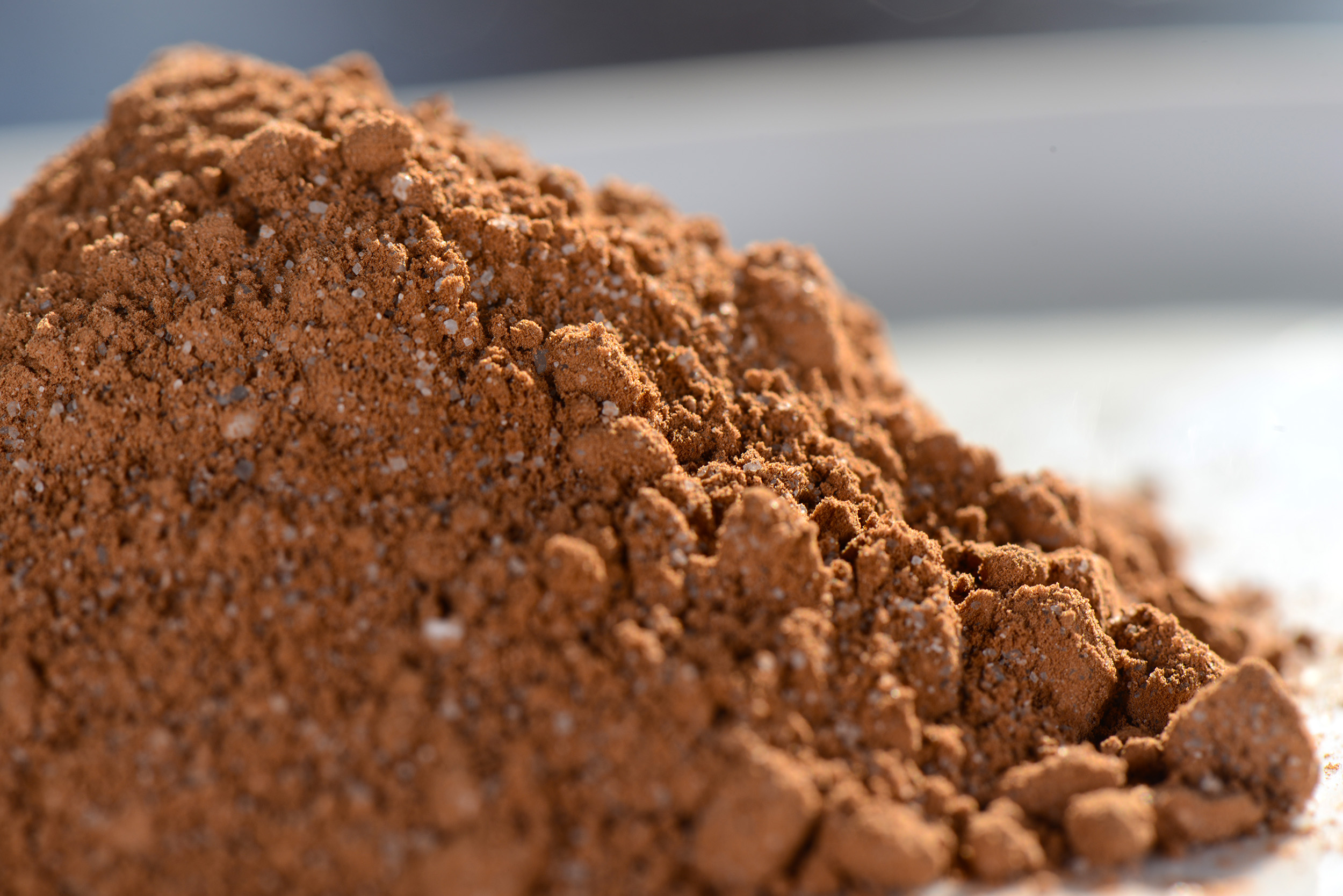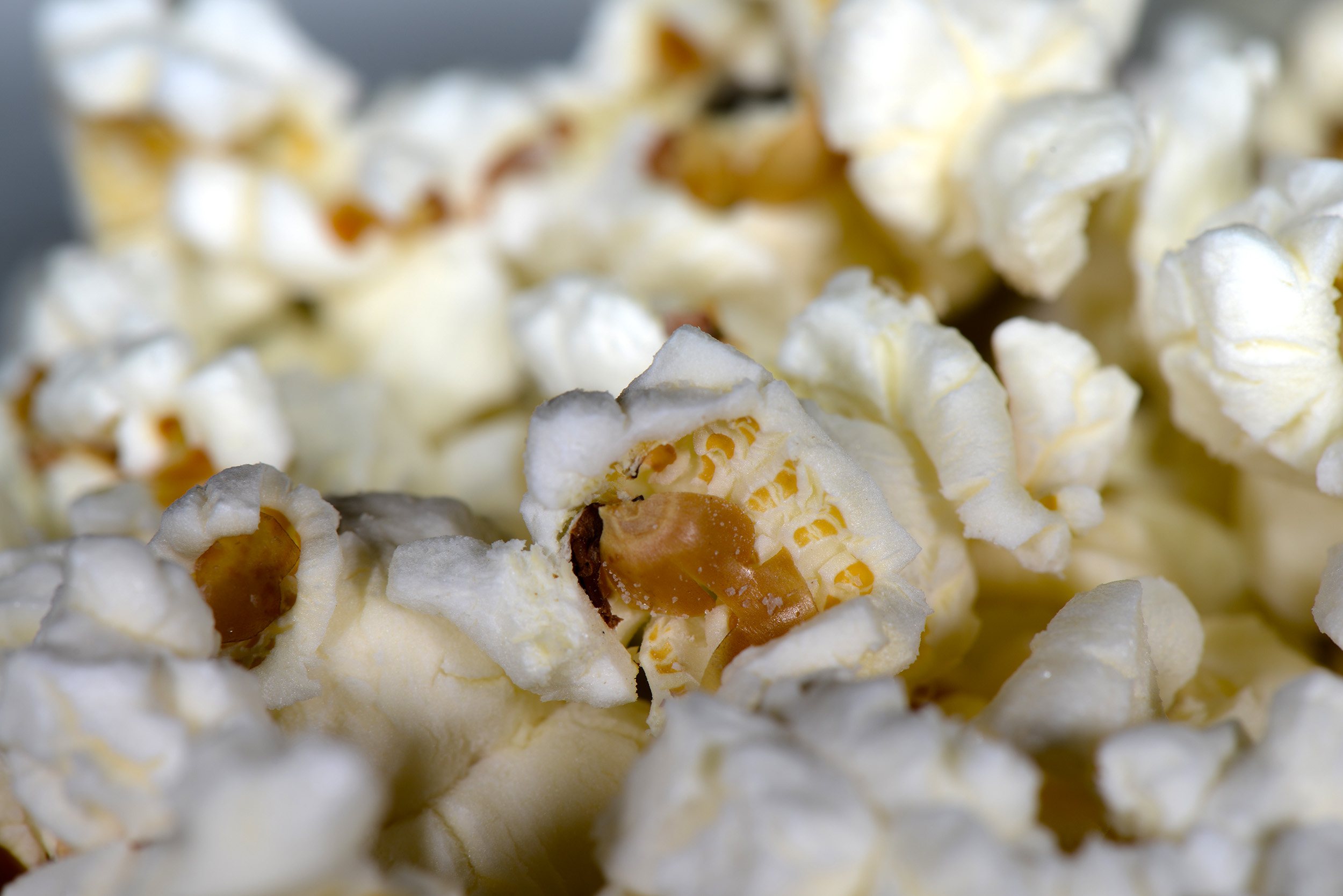Food Addiction and the Dangers of Substituting Another Addiction
Food addiction or compulsive eating is a pathological disorder. The individual exhibits cravings and withdrawal symptoms similar to those noticed in drug addictions. This is because the same neurological pathways come into play in both cases. Recent research shows that food addiction patterns for men and women may differ, probably because both genders respond differently to external food cues. Also a child may be born with a congenital predisposition to food addiction and accompanying dangers such as obesity, heart disease, and diabetes.
Sugar, Fat and Salt

Causes of food addiction
There are certain causes for food addiction; the exact cause may vary with the individual and also the kind of food addiction.
Childhood eating patterns and habits formed during the formative years can be the underlying cause for compulsive eating disorders. Overeating is a common compensatory behavior that children exhibit to escape stress and emotions of anxiety. Binging on refined foods that are rich in fats and sugars and taste good can become an outlet of release and to make up for lack of love and affection.
Dieting in an effort to control weight can lead to withdrawal symptoms and strong cravings for the banned food items. The withdrawal symptoms can be both physical and emotional. These include hand tremors, cramps, depression, and self-loathing.
Habit is another cause. For example, if you are accustomed to a post-lunch dessert, its absence can make you feel uneasy. A person with a diet that includes junk food will find it difficult to shift to healthy foods. This is an important cause of compulsive eating. An individual that finds it difficult to adjust to a healthy diet keeps going back to the unhealthy foods that lead to weight gain and eventually obesity.
Signs of food addiction include:
- Excessive concern about bodyweight and body image
- Eating as an escape mechanism from stress
- Inability to stop eating even after feeling full, risking sickness.
- Depression.
- Feeling of guilt and embarrassment when eating.
- Withdrawal from social life because of weight gain
- Unsuccessful attempts at trying to control obsessive eating.
There are different kinds of food addiction may include characterizations such as:
- Preference for certain food items such as chocolates and ice-cream that can be characterized as comfort foods and spending an inordinate amount of time trying to obtain these food items, consuming them, and then sometimes recovering from the effects of overeating.
- Neglect of duties and obligations at the workplace, school, or at home.
- Eating irrespective of the time and place, for example while driving.
- Gradual increase in the portion size because of increased dependence on food for solace. Also smaller portions can no longer satisfy the craving.
- The individual continues to overeat inspite of being well aware of the consequences to health. Withdrawal symptoms if deprived of preferred food items. Attempts might be made to mitigate symptoms by consuming similar items or foodstuffs.
Every person is different and there are many different kinds of food addiction. Some different types of food addiction include:
Compulsive overeating
– In this case the subject turns to food to as an escape mechanism. Binging on certain food items, often those that contain refined flour, refined sugar, salt, and fat, makes the person feel good. Compulsive overeaters may not be very obsessed with body image or weight and are usually obese. This group of food addicts is most vulnerable to obesity-related conditions.
Anorexia Nervosa
– This condition is characterized by a fear of gaining weight and a warped sense of body image in which a healthy bodyweight is frowned upon. Such individuals are often underweight with yellowish palms and heart trouble.
Bulimia Nervosa
– In this condition episodes of binge eating are followed by compensatory behavior. Harmful effects that bulimics have to face include constipation, gastric disorders, dehydration, loss of teeth enamel, etc.
Tackling Food Addiction
Food addiction is to be tackled in the same manner as any other addiction. A therapy plan will vary with the individual depending upon lifestyle, severity of addiction, age of the patient, gender, existing health conditions, etc. Because food addictions can have underlying psychological causes, it is worthwhile to visit a medical professional who can guide you on the best ways possible to confront the issues which result in over-eating. You can also explore alternative activities instead of turning to food for a temporary fix in times of stress. If depression is one of the causes of food addiction then medication may be required.
If you are addicted to certain tastes, then first identify the food items that trigger your bouts of uncontrolled eating. Sugar tops the list for most people. The next logical step is to cut down on sugary foods and replace them with healthy items. Tread slowly in trying to eliminate the trigger items, if you try to blitz your way through a diet to kick food addiction, you may end up a little disheartened over your efforts.
Chocolate as a Drug

Try and replace the "high" that binge eating brings with other activities such as exercise, social activity, spending time with family, etc. You should reach out to other people trying to kick the habit and exchange experiences. If an individual has had success with removing food from places such as the work station and the car; so can you. If an acquaintance has successfully gotten rid of the habit of carrying out midnight raids on the refrigerator, then so can you. Once you get results, it will keep you motivated and on track towards weight loss and kicking off your food addiction.
Anxiety and guilt with relation to food



